Mockingjay
“Mockingjay,” the final book in Suzanne Collins’ “The Hunger Games” trilogy, brings the epic dystopian saga to a dramatic and intense conclusion. After the events of “Catching Fire,” Katniss Everdeen finds herself at the heart of the revolution against the Capitol, now a symbol of hope and defiance for the districts.
The novel explores themes of war, sacrifice, and the cost of leadership as Katniss grapples with her role in the rebellion and the personal toll it takes on her. The story delves into the complexities of power and propaganda, highlighting the moral ambiguities faced by the characters as they navigate the brutal realities of conflict.
Collins’ portrayal of Katniss’s internal and external struggles is poignant, capturing the psychological impact of war and the challenges of reclaiming a fractured society. The narrative shifts between action-packed sequences and introspective moments, offering a balanced portrayal of both the chaos of rebellion and the personal stakes involved.
While some readers might find the tone darker and the pacing more uneven compared to the earlier books, “Mockingjay” effectively concludes the series by addressing the fates of its characters and the ultimate resolution of the conflict. The ending, while bittersweet, provides a thoughtful and thought-provoking close to Katniss’s journey.
Overall, “Mockingjay” delivers a powerful and emotionally charged conclusion to the trilogy, cementing its place as a significant and impactful work in young adult literature.
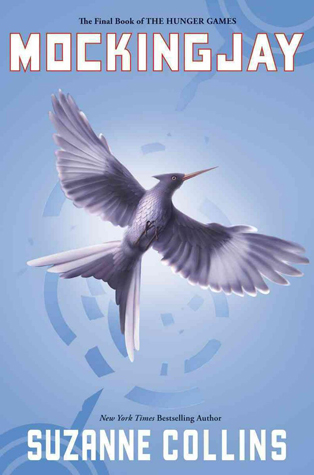
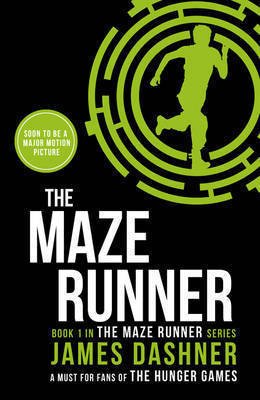
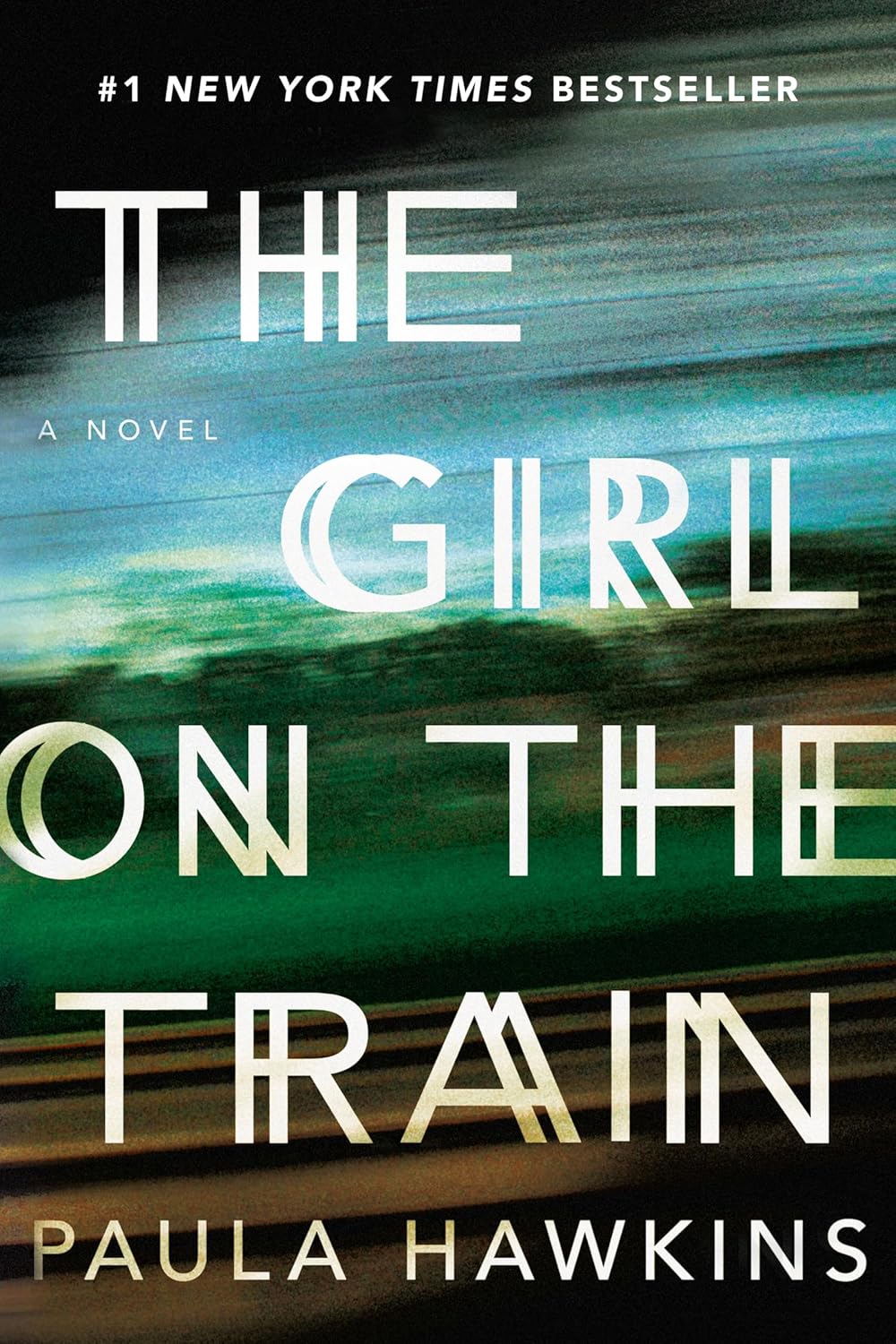
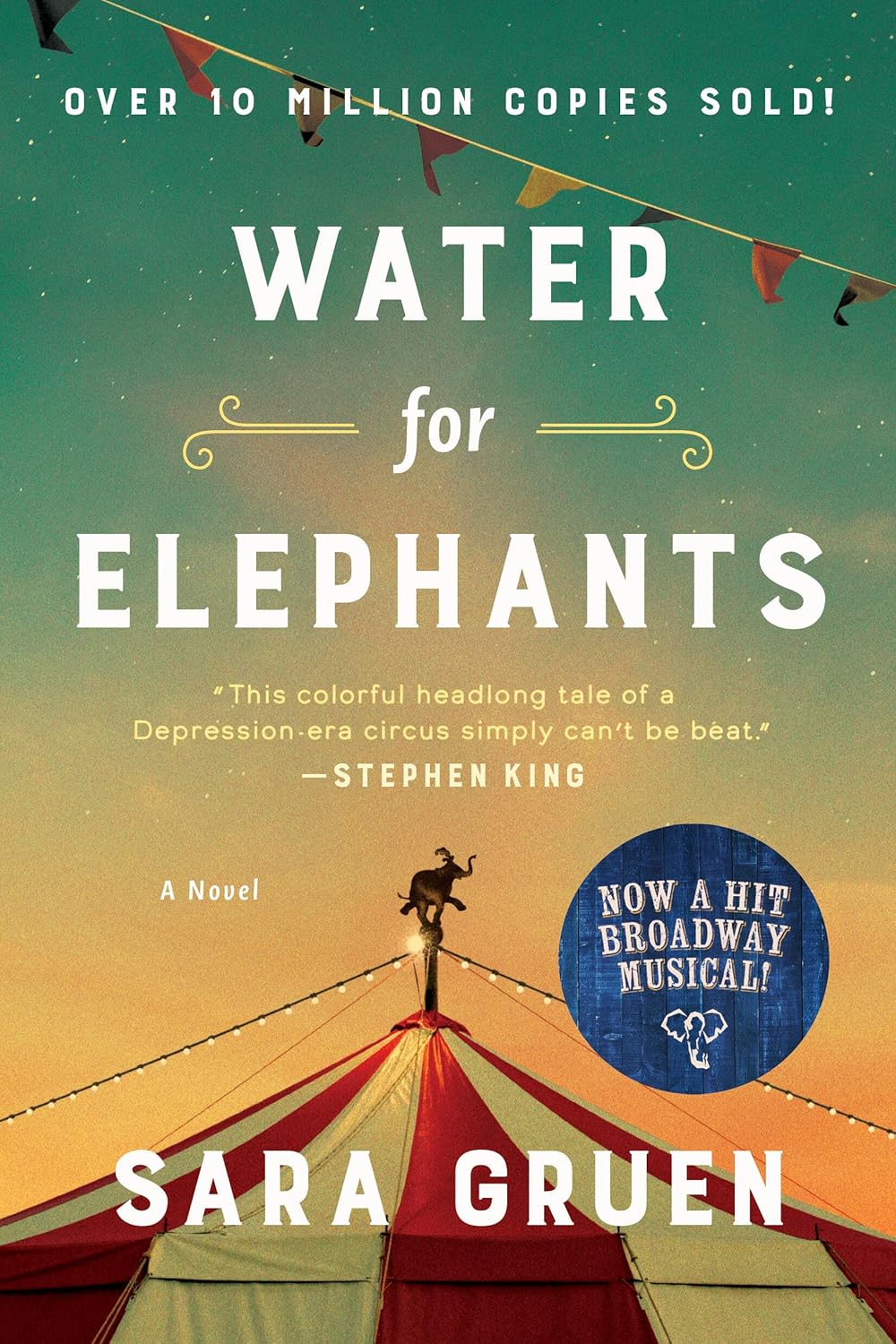
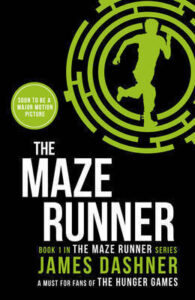









Post Comment